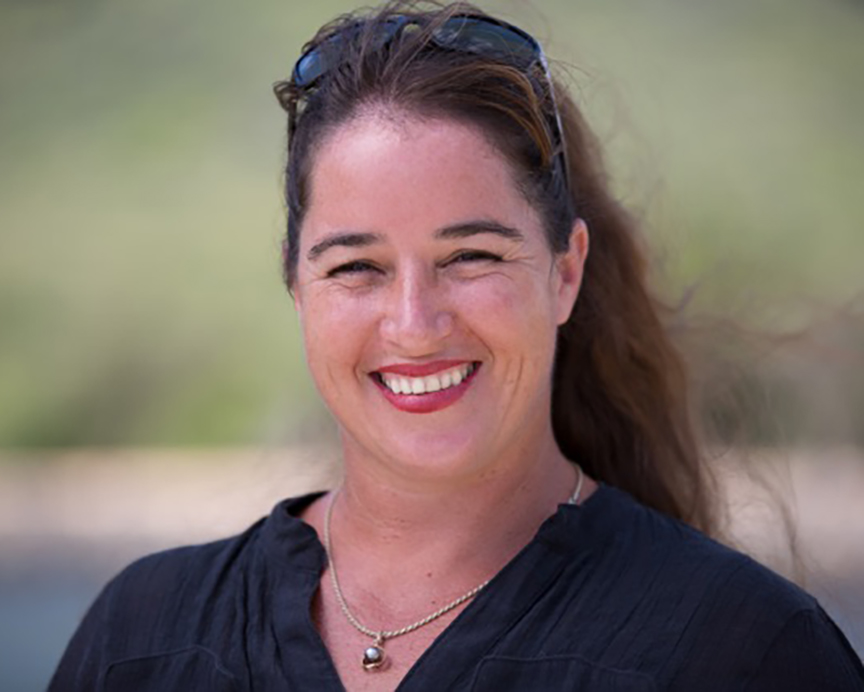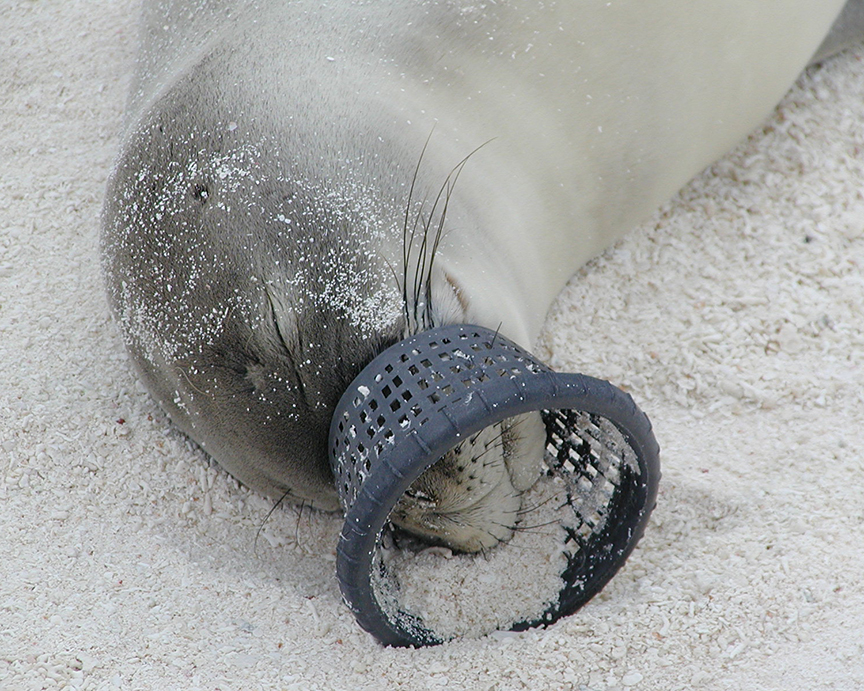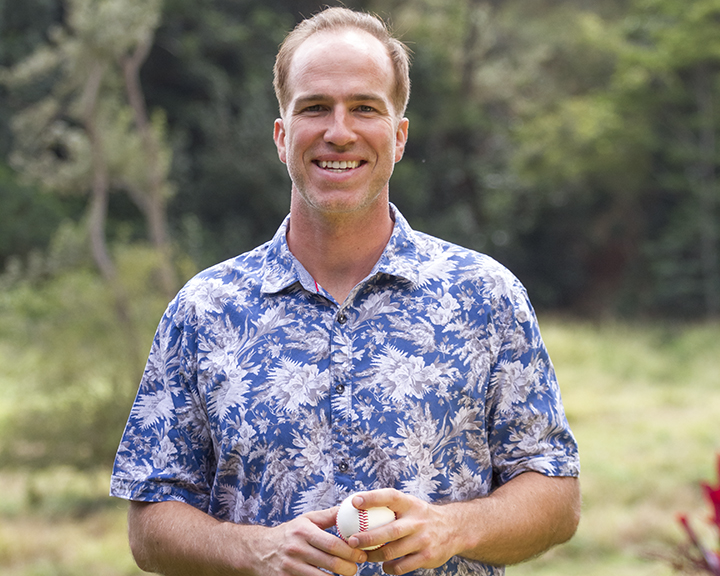By Uma Sivanathan

A taro patch in Kalalau Valley, cultivated with organic fertilizers. Photo by Léo Azambuja
Our ancestors were hunters and gatherers. As time passed, humans learned to collect seeds and grow food. They knew instinctively that by nurturing and protecting the ecosystem around them, the essential elements of life — air, water and food — would be provided for them. They respected nature.
There is also an ecosystem within our bodies. The health of our inner ecosystem and future survival of our species is directly connected to the health of our environment.
We are a part of nature.
Never in the history of mankind has there been such widespread use of chemical pesticides, herbicides, fungicides and fertilizers. The unintended but very real consequence is a broad spectrum of damage to our environment and the natural resources that we depend upon. Our health and the health of our children are at risk.
The choice is ours.
We can choose organic methods of weed and pest control, which do not leave dangerous chemical residues on our food, in our drinking water and on our land. The primary goal of these methods is to “do nothing to harm the life in the soil.” The life in the soil gives nutrients to the plants that in turn, give us our nutrition.
The Dirt Doctor at dirtdoctor.com provides a comprehensive guide to organic weed and pest management. There, you will find solutions to specific issues. His basic, natural weed control program is: building the health of the soil with compost and organic amendments and hand-pulling and spot-spraying of weeds with his effective vinegar-based formula that we can make ourselves.
Here is the recipe for his formula: 1 gallon of 10 percent vinegar, 1 oz. of orange oil, 1 teaspoon of liquid soap or Bio-Wash, and dry molasses at 1 tablespoon per gallon. Do not add water.
Some organic commercial herbicides include: Nature’s Guide, Good Natured, MaestroGro and BioSafe Weed Killer. A selective organic herbicide is AgraLawn Crabgrass Killer, which doesn’t harm turf grass.
Supporting our local organic farmers and growing our own chemical-free gardens are two ways that we have more control over what is on and in our food.

Uma Sivanathan
And harvesting and eating vegetables and fruits that we grow is so much fun and rewarding. Kids love to pick and eat right out of the garden.
We are a special community of around 72,000 residents living on top of one beautiful rock. Showing our love to beloved Kauai is by making sound, daily choices that will protect and preserve her sensitive ecosystem.
My granddaughter recently made a poster in her environmental science class that said, “One By One, We Can Make a Difference.”
With gratitude, Uma
- Uma is the founder of the non-profit organization, Mana`olana Center for Health and Healing. She can be reached at manaolanacenter@gmail.com
Discover more from ForKauaiOnline
Subscribe to get the latest posts sent to your email.





Leave a Reply